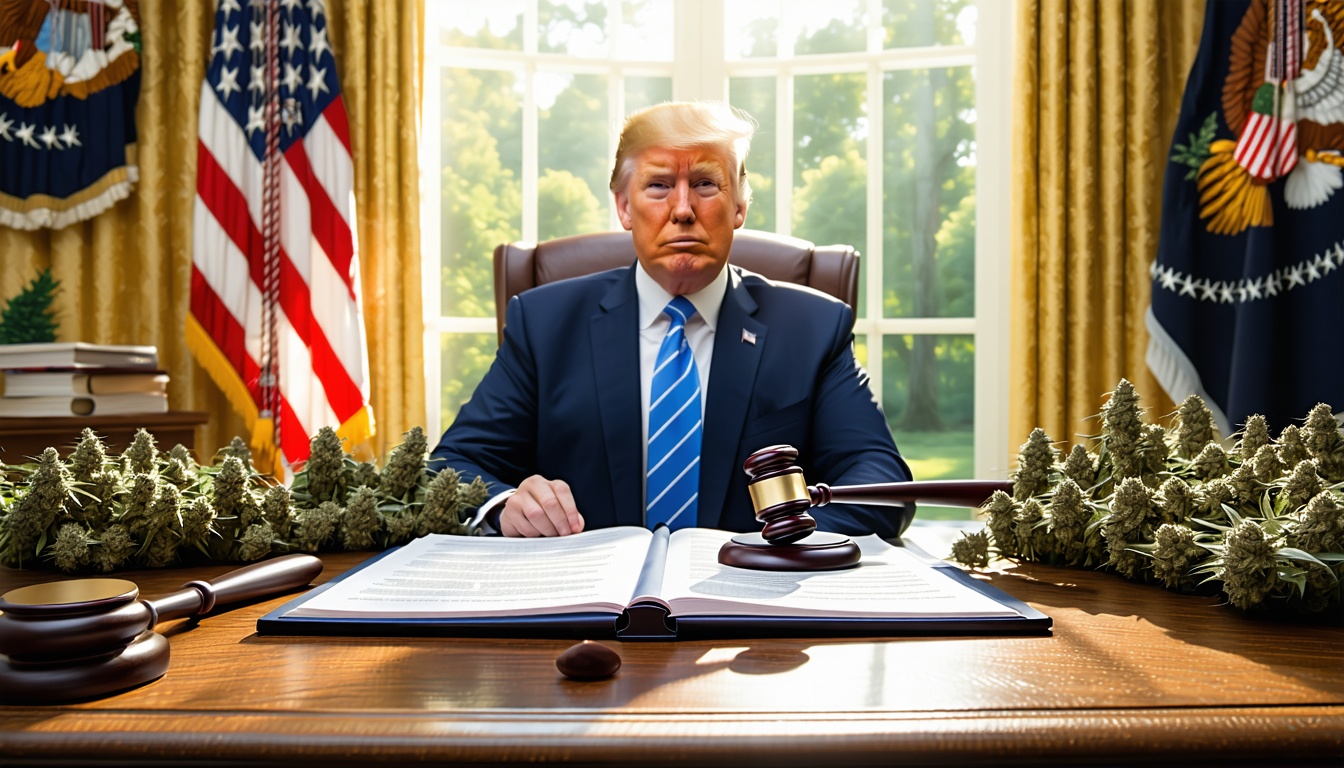Researcher Sues DEA Over Marijuana Rescheduling Process
A researcher has filed a lawsuit against the US Drug Enforcement Administration (DEA) for alleged legal violations in its process of rescheduling marijuana. David Heldreth, CEO of Panacea Plant Sciences, a psychedelic research and development company, claims that the DEA ignored Native American tribes, excluded small businesses, and used unconstitutional practices in its rulemaking process.
The DEA began the process of rescheduling marijuana in 2022, following a directive from President Joe Biden to reconsider its classification under the Controlled Substances Act. Marijuana is currently classified as a Schedule I drug, indicating no accepted medical use and high abuse potential. Rescheduling it to Schedule III would recognize its medical uses and lower abuse potential, similar to drugs like ketamine and anabolic steroids.
The DEA agreed with the Department of Health and Human Services’ recommendation to move marijuana from Schedule I to Schedule III and opened a 62-day public comment period, which received over 43,000 comments from diverse stakeholders. However, despite requesting to participate, Panacea Plant Sciences was not included in the final list of 25 participants selected by DEA Administrator Anne Milgram.
Heldreth’s lawsuit alleges that the DEA refused to consult with Native American tribes on its decision to reschedule marijuana, which would directly impact tribal law enforcement and health services. He also claims that the DEA’s rulemaking harms small cannabis businesses, including his own company, and favors larger entities with Schedule III licenses.
Furthermore, Heldreth says that the DEA excluded him and his company from a scheduled hearing on marijuana despite submitting a timely request, viewing this exclusion as punitive and biased. He also challenges the constitutionality of the DEA’s Administrative Law Judges, arguing that their appointment by the DEA Administrator violates Article II of the US Constitution.
Heldreth is seeking injunctive relief to stop the DEA’s marijuana rulemaking and pause the ALJ hearings until issues with tribal and small business consultations, participant selection, and ALJ appointments are resolved. The outcome of the lawsuit could have significant implications for the marijuana industry and its future under federal law.












